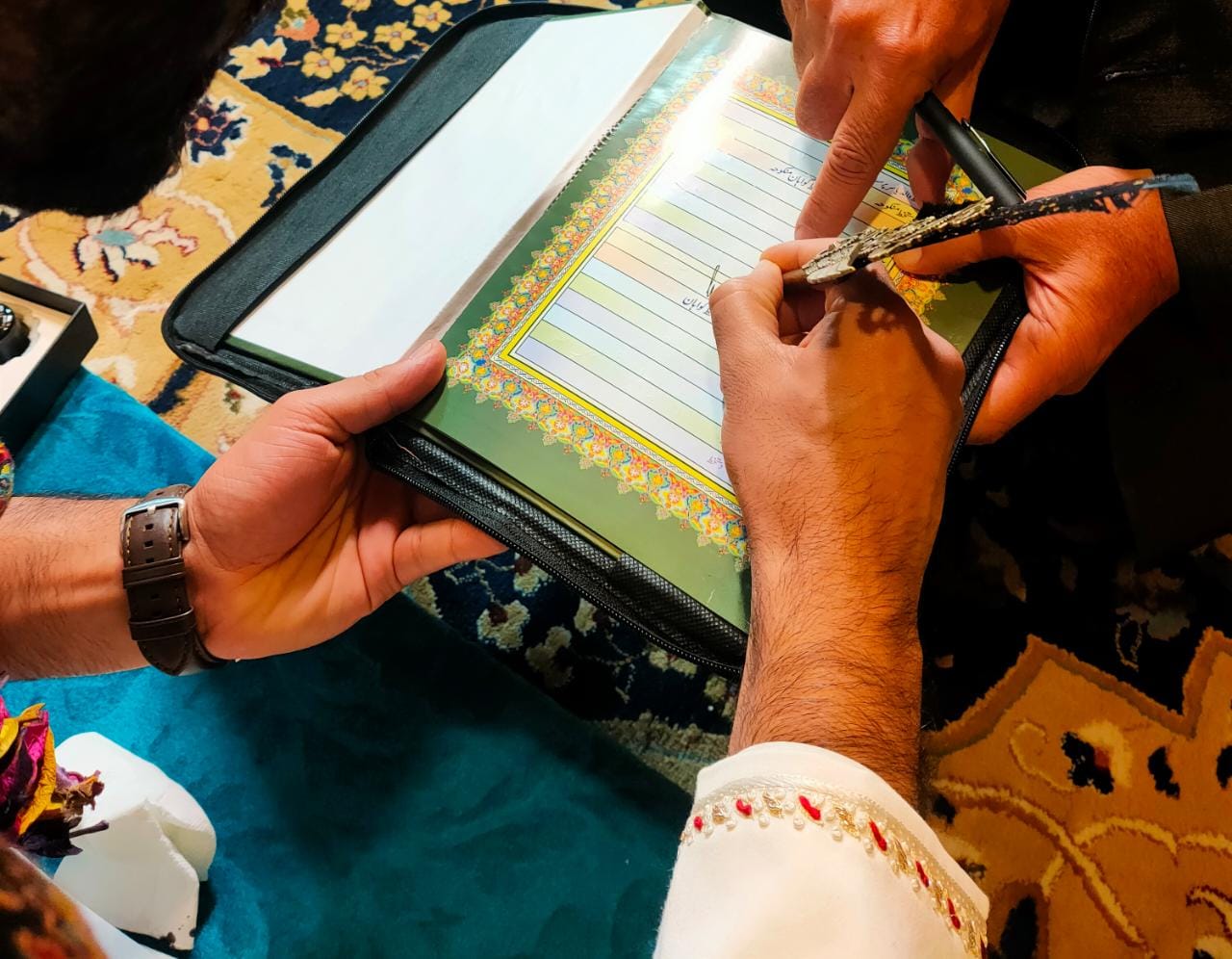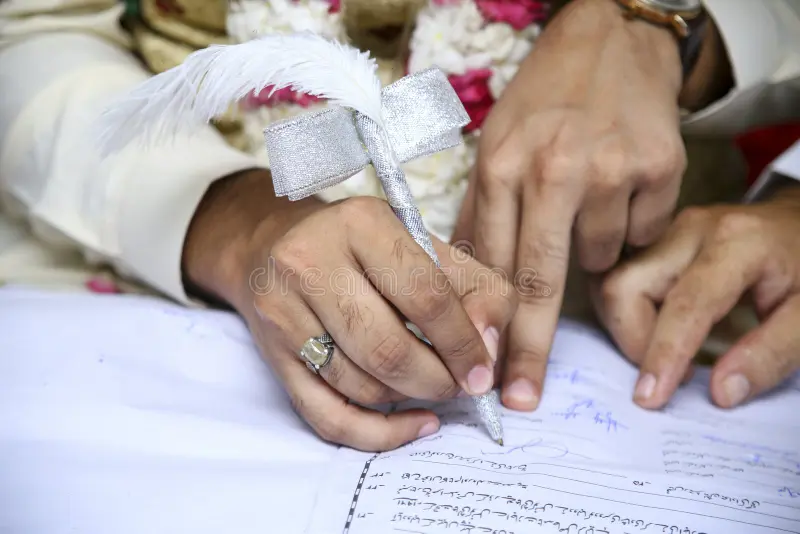The Quiet Erosion: How Extra-Marital Affairs Are Shattering Kashmiri Families
By: Javid Amin | 12 September 2025
A Crisis Behind Closed Doors
Kashmir, often celebrated as “Paradise on Earth”, is facing a silent storm inside its homes. Beneath the beauty of tulip gardens, saffron fields, and snow-capped mountains lies a quieter tragedy: the erosion of marriages through extra-marital affairs.
Affairs in Kashmir are rarely spoken about openly. They exist in whispers, in the pauses between family conversations, in the unspoken shame women carry, and in the double standards men hide behind. But today, with the rise of smartphones, social media, and shifting cultural norms, the phenomenon has moved from the margins into mainstream family life.
The question is no longer whether affairs exist—but why they are rising, how they are reshaping families, and what can be done before trust collapses entirely.
01. Smartphones: The New Third Wheel in Relationships
In Kashmiri households, as elsewhere in the world, smartphones are both lifelines and landmines.
-
Couples now spend more time scrolling than speaking.
-
Even during sacred family moments—like weddings, funerals, or Eid—phones dominate, reducing intimacy to likes and recordings.
-
Privacy has been replaced by performance, where content creation trumps connection.
What begins as innocent chatting often spirals into private texting, emotional affairs, or secret calls. For many couples, the smartphone is no longer a tool; it’s a silent competitor for affection.
💡 Example: In Srinagar, a young wife discovered her husband’s long WhatsApp chats with an old college friend. Nothing physical had happened—but the emotional intimacy was strong enough to fracture trust.
02. Social Media: Where Illusions Trump Reality
If the phone is the tool, social media is the theatre.
-
Instagram and WhatsApp have become breeding grounds for emotional infidelity.
-
Virtual validation—through likes, comments, and late-night DMs—often replaces real loyalty.
-
Online, people curate idealized versions of themselves, ignoring the messy realities of marriage.
This leads to a dangerous paradox: fake intimacy online, real betrayal offline.
💡 Observation: A Kashmiri groom once joked, “I spent more time curating my wedding pictures for Instagram than spending with my wife.” The laughter was nervous because it was true.
03. The Growing Void Between Couples
Infidelity doesn’t always begin with lust—it often begins with loneliness inside marriage.
-
Emotional disconnect grows when communication dries up.
-
Couples who once shared dreams now share only responsibilities.
-
Needs go unspoken, then unmet, creating fertile ground for temptation.
Silence between spouses, especially in joint family systems, is often louder than arguments. This silence becomes the entry point for outsiders—an ex on Facebook, a stranger on Instagram, or a sympathetic colleague.
04. Interference from the Bride’s Parents
In Kashmiri marriages, the in-laws’ role is complex. Sometimes supportive, sometimes suffocating.
-
Some bride’s families continue to micromanage her marriage, dictating everything from finances to daily habits.
-
What begins as care often becomes control and surveillance.
-
This interference undermines the couple’s autonomy, creating resentment and mistrust.
The son-in-law feels disrespected, the daughter feels torn, and the marriage becomes a battlefield between two households.
05. Cultural Contradictions and Social Pressure
Kashmir’s social fabric carries contradictions that fuel marital stress.
-
Society demands lavish weddings, but rarely teaches couples how to sustain marriages afterward.
-
Divorce is stigmatized, but emotional neglect or abuse is normalized.
-
Rituals are prioritized over emotional readiness.
The result? A generation caught between tradition and trauma.
Root Causes: What’s Driving the Rise?
01. Emotional Disconnect in Marriages
Couples enter marriage with Bollywood-fueled fantasies of romance, but lack tools for conflict resolution and emotional literacy.
02. Digital Temptations & Private Access
Smartphones create private spaces within public lives, making secrecy easier than ever.
03. Delayed Marriages & Mismatched Pairings
Late marriages, often arranged under social pressure, can lead to incompatibility and unmet needs.
04. Cultural Silence Around Intimacy
Kashmiri society rarely discusses emotional or sexual needs, creating a culture of secrecy and shame.
05. Economic Stress & Role Confusion
Unemployment and shifting gender roles often cause power struggles inside marriages.
06. Influence of Media & Changing Norms
Bollywood, OTT shows, and global trends create clashing ideals of freedom vs tradition.
Who Is Responsible?
-
Individuals: Must take accountability for betrayal—but affairs often stem from unmet emotional needs.
-
Families: Focus too much on weddings, too little on relationships.
-
Society: Applies double standards—excusing men while shaming women.
-
Institutions: Fail to provide counseling, mediation, or safe spaces.
The Fallout: What’s Being Destroyed?
-
Children bear the deepest scars—developing trust issues and emotional trauma.
-
Women are disproportionately blamed, even when betrayed.
-
Men carry silent shame, unable to express vulnerability.
-
Families fracture, and community trust erodes.
The quiet erosion becomes a collective tragedy.
What Can Be Done?
-
Normalize Counseling Before and During Marriage
-
Create Safe Spaces for Dialogue (mosques, community halls, schools)
-
Reform Family Expectations – prioritize relationship health over rituals.
-
Hold Both Genders Accountable – no double standards.
-
Strengthen Legal & Social Support – mediation, therapy, and healing, not just gossip and blame.
FAQs
Q1: Are extra-marital affairs increasing in Kashmir?
Yes, sociologists and counselors note a rise, especially due to smartphones, delayed marriages, and social media.
Q2: Who is blamed more—men or women?
Traditionally, women are vilified, while men are excused. This double standard worsens the crisis.
Q3: Is counseling available in Kashmir?
Very limited. Most couples avoid therapy due to stigma, relying instead on family elders.
Q4: How do affairs affect children?
Children suffer trauma, confusion, and trust issues, often carrying scars into their adult relationships.
Q5: What’s the solution?
Open dialogue, emotional literacy, counseling, and equal accountability for both genders.
Final Reflection: A Crisis of Connection
Extra-marital affairs in Kashmir are not merely moral lapses—they are emotional emergencies. They reflect a society struggling to balance modern temptations with traditional silence, rituals with reality, expectations with emotional needs.
If Kashmir wants to protect its families, the solution is not just blame—it is understanding, reform, and emotional equity.
Because the real betrayal is not just of partners, but of trust, connection, and the family unit itself.


